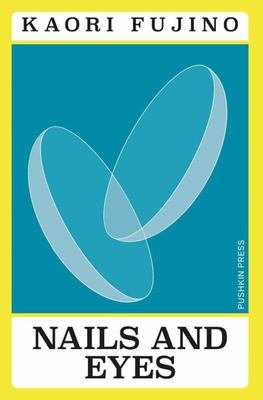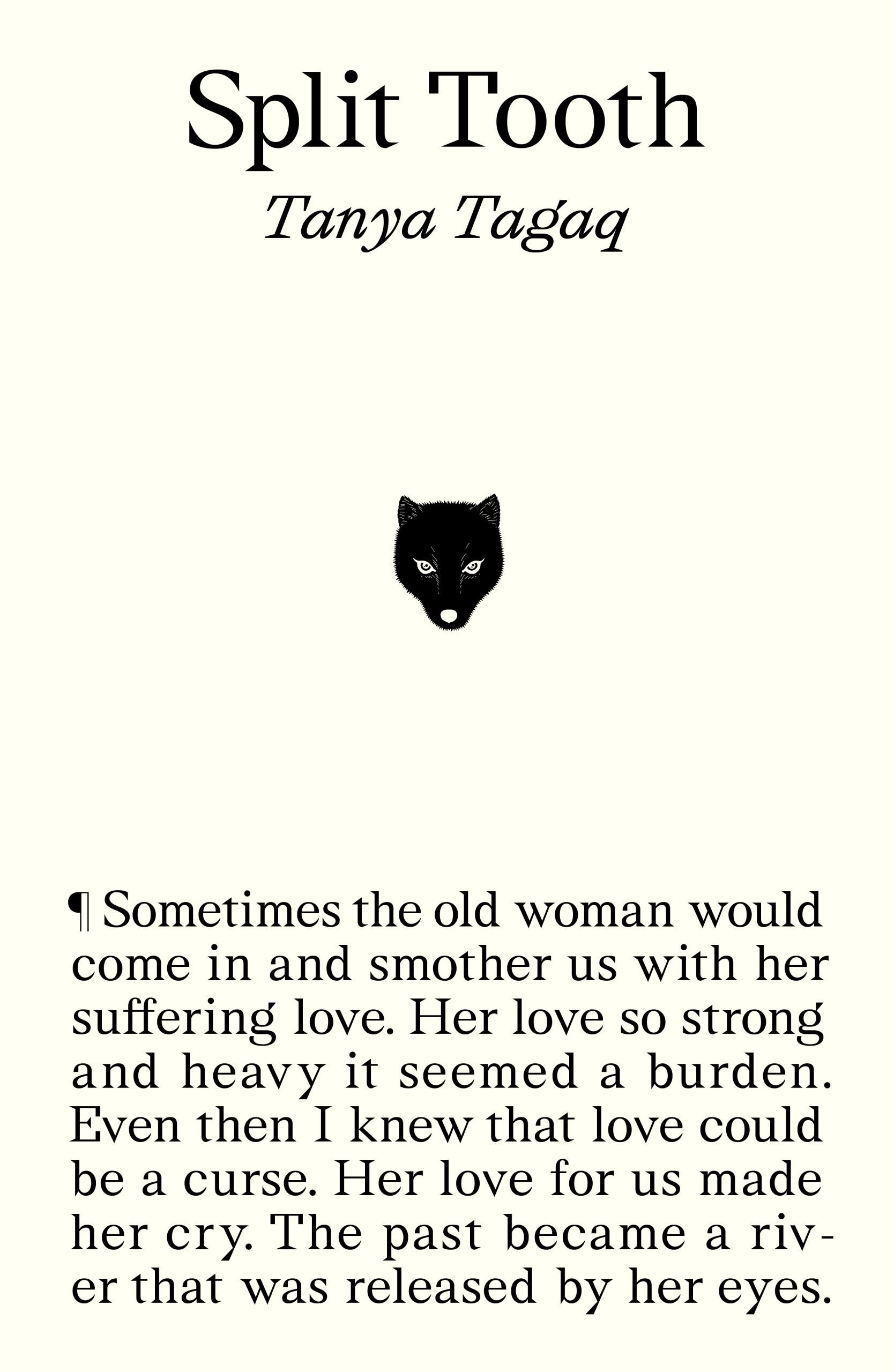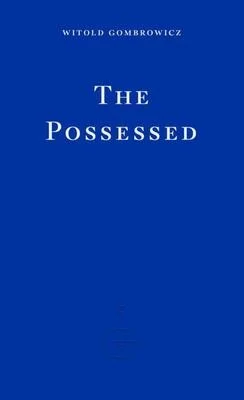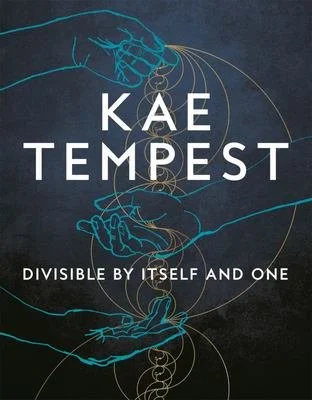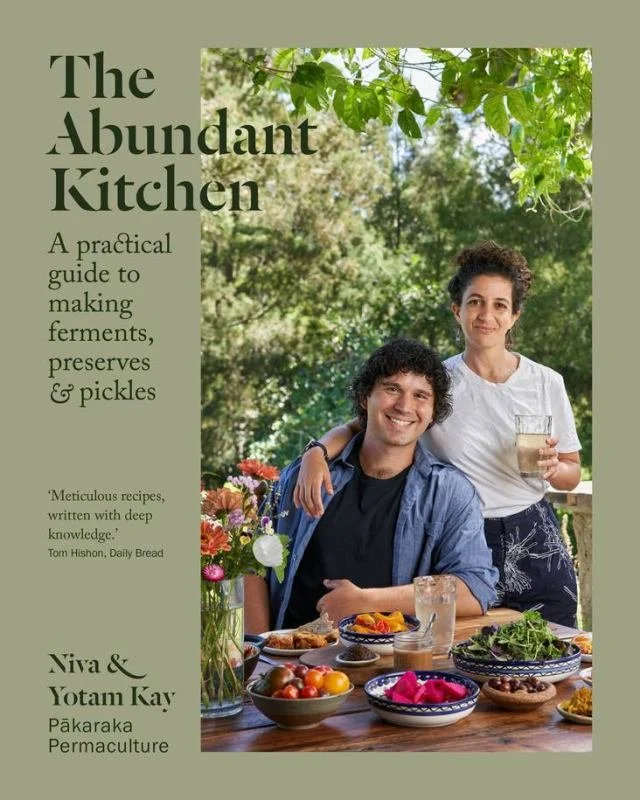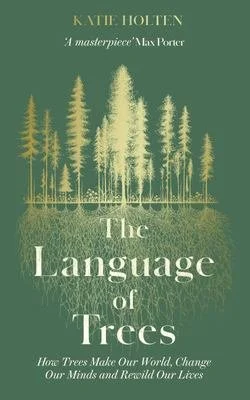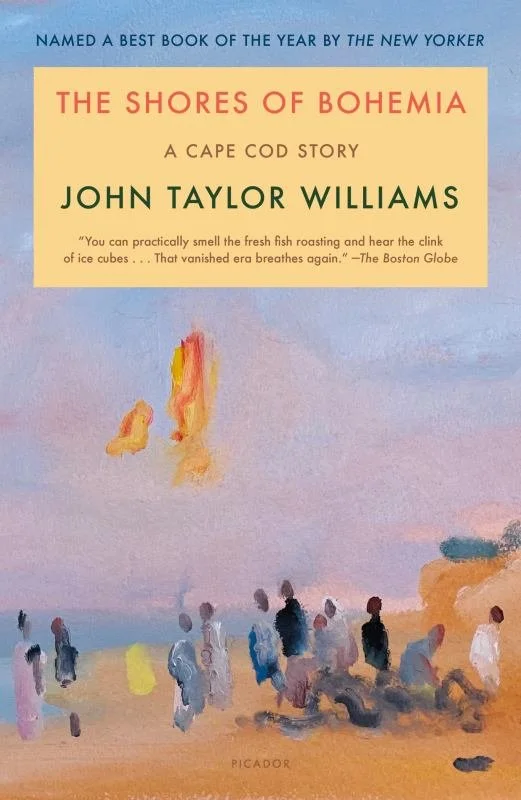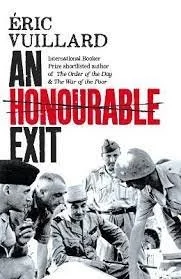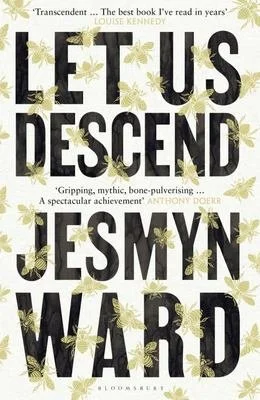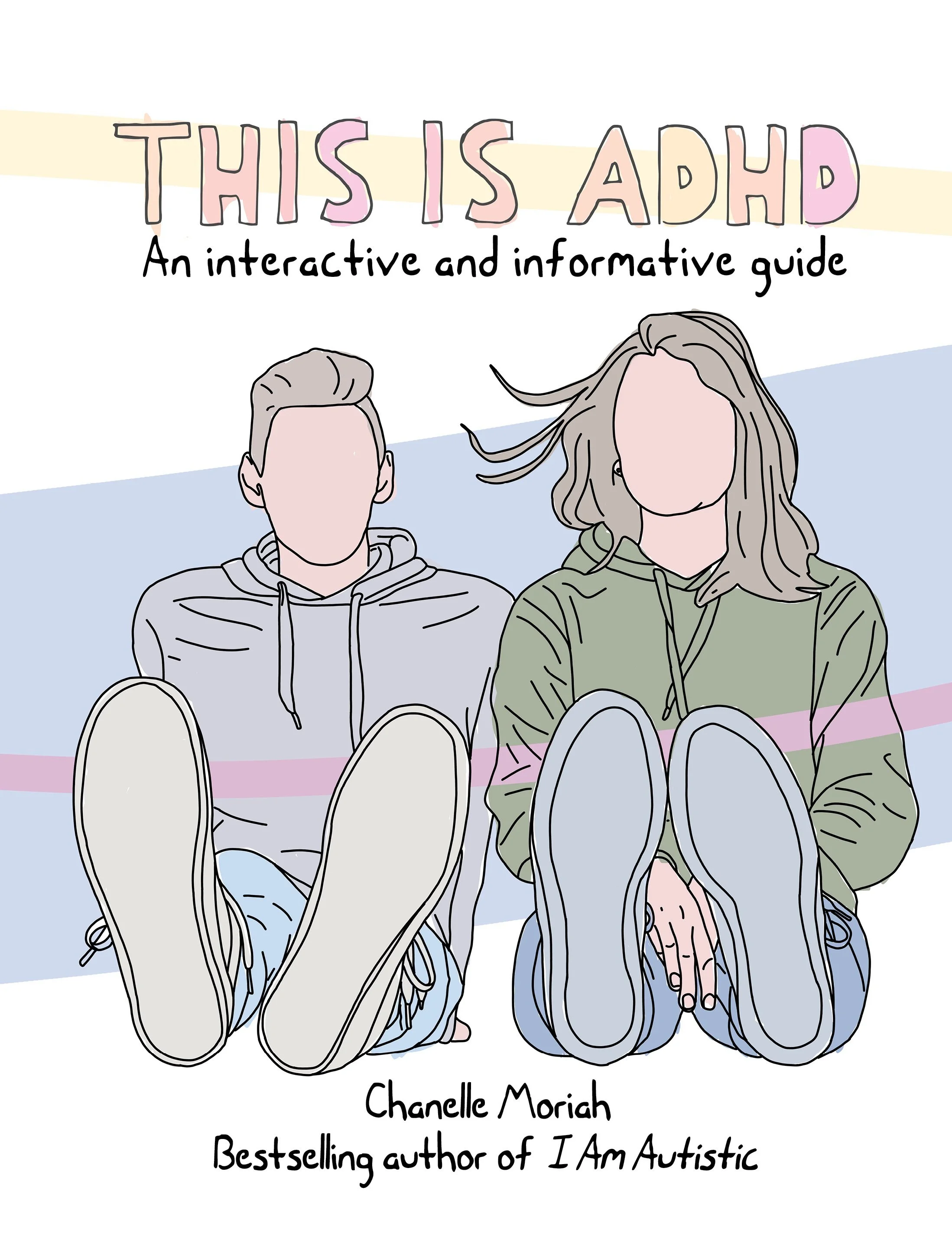Poetics of Work by Noémi Lefebvre (translated from French by Sophie Lewis)
How should we occupy ourselves, he wondered, whatever that means, lest we be occupied by someone else, or something else, how do we keep our feet, if our feet at least may be said to be our own to keep, by leaning into the onslaught or by letting it wash through us? Too many metaphors, if they’re even metaphors, he thought, too much thought thought for us by the language we use to think the thoughts, he thought, too many ready-made phrases, who makes them and why do they make them, and what are their effects on us, he wondered, where is the power that I thought was mine, where is the meaning that I meant to mean, how can I reclaim the words I speak from those against whom I would speak them? No hope otherwise. The narrator of Noémi Lefebvre’s Poetics of Work happens to be reading Viktor Klemperer’s Language of the Third Reich, in which Klemperer demonstrates that the success of, and the ongoing threat from, Nazism arose from changes wrought on the ways in which language was used and thus upon the ways people thought. Whoever controls language controls thought, he thought, Klemperer providing examples, authority exerts its power through linguistic mutation, but maybe, he thought, power can be resisted by the same means, resistance is poetry, he shouted, well, perhaps, or at least a bit of judicious editing could be effective in the struggle, he thought, rummaging in the drawer of his desk for his blue pencil, it’s in here somewhere. Fascism depends on buzzwords, says Klemperer, buzzwords preclude thought, and the first step in fighting fascism, says Klemperer, is to challenge the use of these buzzwords, to re-establish the content of discourse, to rescue the particular from the buzzword. Could he think of some current examples of such buzzwords, he wondered, and he thought that perhaps he could, perhaps, he thought, if terms such as the buzzword ‘woke’ or the buzzword ‘cancel’ were removed from discourse and the wielders of these buzzwords had no recourse but to say in plain language what they meant, these once-were-wielders would be revealed to be either ludicrous or dangerous or both ludicrous and dangerous and the particulars of a given situation could be more clearly discussed. That is a subversive thought, he thought, to edit is to unpick power. “There isn’t a lot of poetry these days, I said to my father,” says the narrator at the beginning of Poetics of Work. A state of emergency has been declared in France, it is 2015, terror attacks have resulted in a surge of nationalism, intolerance, police brutality, the narrator, reading Klemperer as I have already said, is aware of the ways in which language has been mutated to control thought, power acts first through language and then turns up as the special police, it seems. What purchase has poetry in a language also used to describe police weaponry, the narrator wonders. “I could feel from the general climate that imagination was being blocked and thought paralysed by national unity in the name of Freedom, and freedom co-opted as a reason to have more of it.” Freedom has become a buzzword, it no longer means what we thought it meant, but even, perhaps, well evidently, its opposite. “Security being the first of freedoms, according to the Minister of the Interior, for you have to work.” You have to work, is this the case, the narrator wonders, you have to work and by working you become part of that which harms you. The book progresses as a series of exchanges between the narrator and their father, the internal voice of their father, of all that is inherited, of Europe, of the compromise between capital and culture, of all that takes things at once too seriously and nowhere near seriously enough. “He’s there in my eyes, he hunches my shoulders, slows my stride, spreads out before me his superior grasp of all things,” the narrator says, embedded in their father, struggling to think a thought not thought for them by their father, their struggle is a struggle for voice, as all struggles are. “I am like my father but much less good, my father can do anything because he does nothing, while I do nothing because I don’t know how to defend a person who’s being crushed and dragged along the ground and kicked to a pulp with complete impunity, nor do I know how to get a job or write a CV or any biography, nor even poetry, not a single line of it.” What hope is there? Is it possible to find “non-culture-sector poetry”, the narrator wonders, or even to write this “non-culture-sector” poetry if there could be such a thing? What sort of poetry can be used to come to grips with even the minor crises of late capitalism, for instance, if any of the crises of late capitalism can be considered minor? “I watched the water flow south, and the swans driven by their insignificance, deaf and blind to the basic shapes of the food-processing industry, ignorant that they, poor sods, were beholden to market price variation over the kilo of feathers and to the planned obsolescence of ornamental fowls.” The book sporadically and ironically gestures towards being some sort of treatise on poetry, it even has a few brief “lessons,” or maxims, but these are too half-hearted and impermanent to be either lessons or maxims, perhaps, he thought, they might qualify as antilessons or antimaxims, if such things could be imagined, though possibly they ironise an indifference to both. “Indifference is a contemplative state, my father said one day when he’d been drinking.” Doing nothing because there is nothing to be done, or, rather, because one cannot see what can be done, is very different from doing nothing from indifference, but the effect is the same, or the lack of effect, so something must be done, the narrator thinks, even if it is the case that nothing can in the end be done. For those to whom language is at once both home and a place of exile, the struggle must be made in language, or for language, resistance is poetry, or poetry is resistance, I have forgotten what I shouted, I will sharpen my blue pencil, after all one must be “someone among everyone,” as the narrator says. “There’s a fair bit of poetry at the moment, I said to my father,” the narrator says at the end of Poetics of Work. “He didn’t reply.”
























